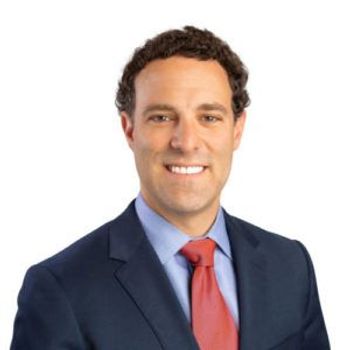
Segment 10 - Evidence-Based Medicine in the "Real-World" Healthcare Setting
The panelists continued to discuss evidence-based medicine, as well as the incentives there might be to examine emerging and existing therapies or drugs.
The panelists continued to discuss evidence-based medicine, as well as the incentives there might be to examine emerging and existing therapies or drugs.
Dr Yu revisited the difference between findings that are presented in studies, as they compare to finding in real-world settings. He said assumptions about “best regimens” should be tested to determine patient response. Drugs and patient outcomes should be continually monitored, even after gaining FDA approval.
Dr Marlin said pathway programs can motivate drug or therapy manufacturers to expand development of evidence-based medicines. She thought that the current shift in treatment decision-making will incentivize developers to invest in evidence-based medicine.
Dr Nabhan said literature focuses too strongly on efficacy. Certain measures, such as hospitalizations, cannot be observed in small clinical trials.
Dr Tischler agreed, saying that many decisions should be made based on real-world setting data and observations.
Newsletter
Stay ahead of policy, cost, and value—subscribe to AJMC for expert insights at the intersection of clinical care and health economics.









